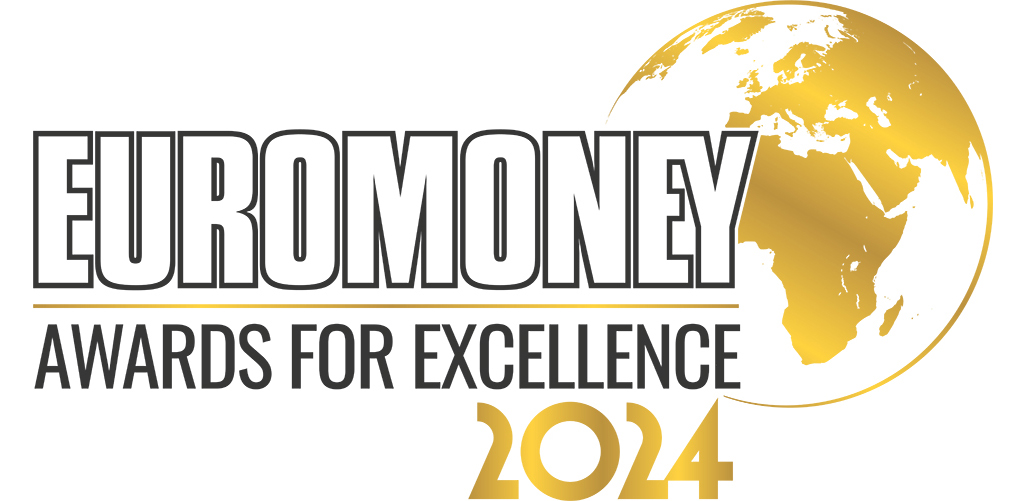Best bank: Bank Leumi
For Israel’s banks, 2023 was a story of two distinct parts: the months prior to the Hamas attacks on October 7; and those after.
Bank Leumi has impressed for its performance and initiatives in the first three quarters of the year, and its crisis management since the onset of the fighting.
In January 2023, the bank issued its inaugural $500 million green bond. The issuance was made under the International Capital Market Association’s Green Bond Principles, with a second party opinion provided by S&P Global Ratings.
Access intelligence that drives action
To unlock this research, enter your email to log in or enquire about access


